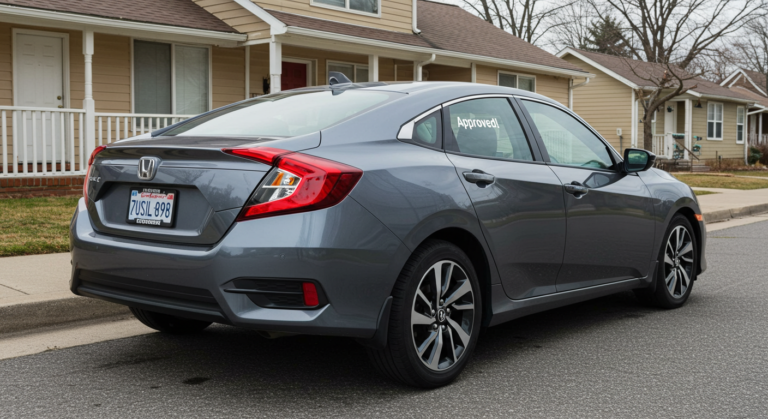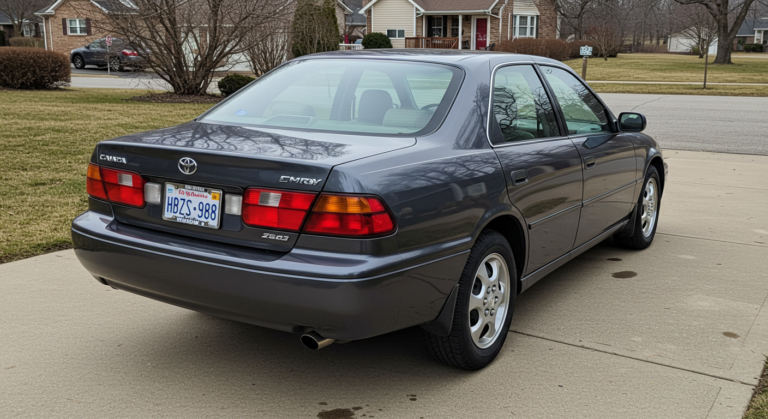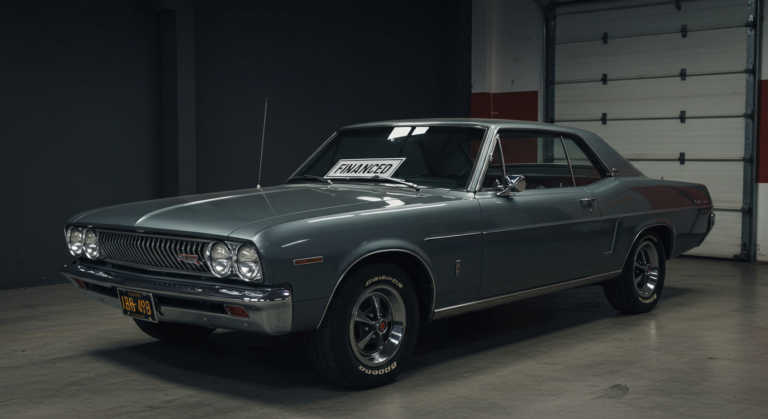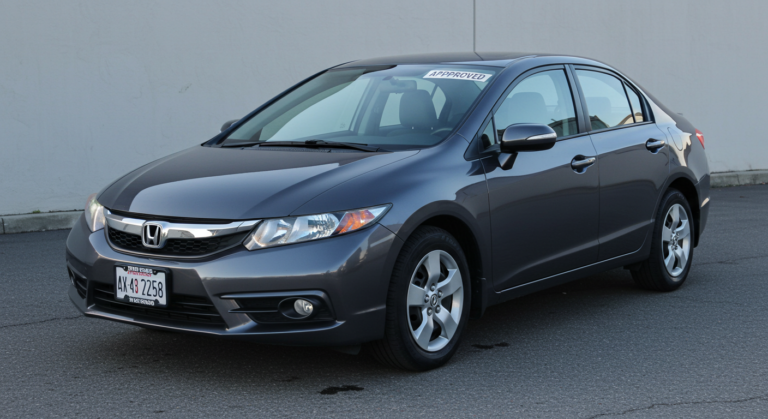Classic Car Loans: Rates, Requirements & Best Lenders
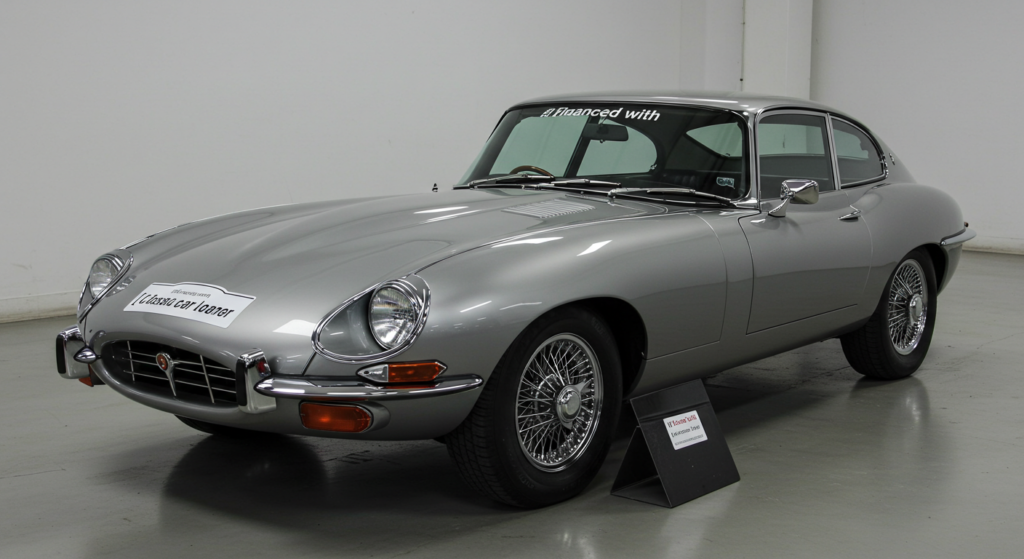
Introduction
Did you know that the classic car market has grown by over 300% in the last decade, making it not just a passion project but a legitimate investment opportunity? If you’re eyeing that pristine 1967 Mustang or elegant Jaguar E-Type, you’re likely wondering how to finance such a purchase without depleting your savings. Classic car loans offer a specialized financing solution designed specifically for vintage automobile enthusiasts, but they differ significantly from standard auto loans in terms of rates, requirements, and approval processes. Whether you’re a seasoned collector or a first-time buyer, understanding the nuances of classic car financing can save you thousands and help secure your dream vehicle at terms that work for your financial situation.
Table of Contents
Key Loan Specifications & Features
- Interest Rates: Typically range from 5% to 10%, depending on credit score and vehicle age
- Loan Terms: Usually 3-10 years (shorter than standard auto loans)
- Down Payment Requirements: 10%-30% (higher than conventional auto financing)
- Financing Limits: Most lenders cap at $250,000, with minimums around $5,000-$10,000
- Vehicle Age Requirements: Generally 15-25+ years old, depending on lender
- Documentation Needed: Vehicle appraisal, inspection certification, insurance proof, title history
- Collateral Options: Often the classic car itself, sometimes additional assets
Classic car loans stand out from traditional auto financing primarily through their specialized underwriting processes that consider the vehicle’s collectible value rather than just its depreciation curve. Unlike modern vehicles, many classics appreciate over time, prompting lenders to evaluate them more like investment assets than transportation expenses.
Rates & Terms Explained
The financing landscape for vintage automobiles reflects their unique position as both functional vehicles and investment pieces. Interest rates for classic car loans typically start around 5% for prime borrowers but can reach 10% or higher depending on your credit profile, the vehicle’s age, and its condition.
Loan terms usually extend from 3 to 10 years, noticeably shorter than the 5-7 year terms common for new car financing. This shorter duration reflects lenders’ caution about long-term mechanical reliability and market fluctuations in the collector car sphere. Most lenders require more substantial down payments compared to conventional auto loans, with 20% being standard and some requiring up to 30% for particularly rare or valuable models.
Many specialized lenders use a tiered interest rate system where vehicles of different eras qualify for different rates. For example, pre-1960 cars might receive the most favorable terms, while vehicles from the 1970s-1990s might face slightly higher rates due to different appreciation patterns.
Lender Options & Specialization
Traditional Banks with Classic Car Programs
- Woodside Credit: Specializes exclusively in collector car financing with terms up to 15 years
- J.J. Best Banc & Co.: Offers loans for classic cars, hot rods, and exotic vehicles with flexible terms
- LightStream: Provides unsecured loans for qualified borrowers, eliminating the need for vehicle inspection
Credit Unions
Credit unions often offer more competitive rates for classic car financing, especially for long-standing members. Many local credit unions have developed specialized classic car loan products in response to growing interest among their membership.
Specialty Finance Companies
- Hagerty Financing: Connected to the renowned classic car insurer, offering loans specifically designed for collector vehicles
- Premier Financial Services: Provides lease-to-own options ideal for high-value classics
- Collector Car Lending: Focuses exclusively on vintage automobile financing with in-house appraisal services
The specialty finance market has expanded significantly as the classic car hobby has grown, with some lenders now offering concierge services that include vehicle authentication, condition verification, and even acquisition assistance.
Qualification Requirements
Securing financing for a classic automobile typically involves more stringent requirements than standard auto loans. Key qualification factors include:
Credit Requirements
Most specialist lenders require credit scores of 650+ for competitive rates, though some will work with scores as low as 600 with higher down payments. Debt-to-income ratios below 40% are typically preferred.
Vehicle Eligibility Criteria
- Age: Generally 15-25+ years old (varies by lender)
- Authenticity: Original or period-correct restoration preferred
- Condition: Most lenders require at least “Good” condition on the standard classic car grading scale
- Provenance: Clean title history with no salvage records
- Market Desirability: Vehicles with established collector followings typically qualify more easily
Documentation Needed
The paperwork requirements for classic car loans exceed those of standard auto financing:
- Professional appraisal from a certified appraiser
- Vehicle inspection report
- Specialty classic car insurance quote or policy
- Detailed vehicle history report
- Restoration documentation (if applicable)
- Proof of proper storage facilities
Insurance Considerations & Requirements
Insurance plays a crucial role in the classic car loan equation. Most lenders require specialized collector car insurance rather than standard auto policies. These specialized policies offer:
- Agreed Value Coverage: Guarantees the full insured amount in case of total loss, unlike standard depreciation-based policies
- Limited Mileage Options: Reduced premiums for vehicles driven under certain annual mileage thresholds
- Restoration Coverage: Protection during the restoration process
- Specialized Claims Handling: Adjusters with classic car expertise
Popular providers include Hagerty, Grundy, American Collectors, and Heacock Classic, each offering different advantages for specific types of collector vehicles. Insurance costs can significantly impact your total monthly expenditure, so obtaining quotes before financing is advisable.
Who Should Consider Classic Car Financing?
Ideal Candidates
- Established Collectors: Looking to expand their collection without liquidating other investments
- First-Time Enthusiasts: With strong credit but insufficient liquid assets for outright purchase
- Investment-Minded Buyers: Targeting appreciating classics while preserving capital for diversification
- Restoration Specialists: Seeking to finance both acquisition and restoration costs
Less Suitable Scenarios
- Buyers with poor credit histories (below 600)
- Those seeking project cars requiring extensive work
- Individuals unable to provide proper storage
- Those seeking extremely rare vehicles with highly volatile values
Classic car financing works best for enthusiasts who have done thorough research on their desired model’s market position, maintenance requirements, and authentic restoration costs.
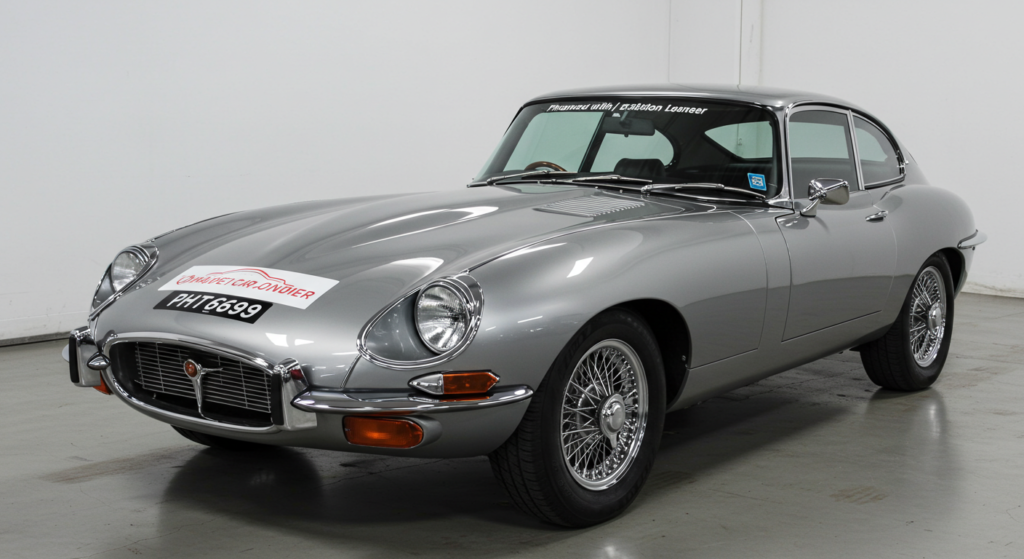
Common Issues & How to Avoid Them
Undervaluation Challenges
Many traditional lenders undervalue classic cars because they lack specialized knowledge. Solution: Work with lenders specifically focused on the collector market who understand appreciation patterns.
Title Problems
Vintage vehicles often have complicated title histories. Solution: Conduct thorough title searches and consider title insurance for vehicles with gaps in documentation.
Inspection Surprises
Undisclosed issues can derail financing at the last minute. Solution: Arrange pre-purchase inspections with marque specialists before applying for financing.
Insurance Mismatches
Standard policies don’t satisfy most lender requirements. Solution: Secure collector car insurance quotes simultaneously with your loan application process.
Comparison to Other Financing Options
| Financing Method | Interest Rates | Term Length | Down Payment | Advantages | Disadvantages |
|---|---|---|---|---|---|
| Specialized Classic Car Loan | 5-10% | 3-10 years | 10-30% | Structured for classics, understands value | Higher rates than home equity |
| Home Equity Loan | 3-7% | Up to 15 years | N/A | Lower rates, tax-deductible interest | Puts home at risk |
| Personal Loan | 7-36% | 1-7 years | None | No vehicle inspection, quick approval | Much higher rates, shorter terms |
| Collector Car Leasing | N/A | 2-5 years | 10-25% | Lower monthly costs, easy upgrades | Don’t build equity, mileage limits |
Value Retention & Investment Potential
Unlike modern vehicles that typically depreciate rapidly, many classic cars have shown strong appreciation patterns over time. According to the Knight Frank Luxury Investment Index, classic cars have appreciated approximately 193% over the past decade, outperforming many traditional investment classes.
Certain segments show particularly strong value retention:
- European sports cars from the 1950s-1960s
- American muscle cars from 1964-1972
- Limited production models from established marques
- Vehicles with documented racing history or celebrity provenance
This appreciation potential can offset financing costs over time, making classic car loans potentially more economical than financing rapidly-depreciating modern vehicles. However, market fluctuations do occur, making diversification important for those viewing classics as investments.
Conclusion
Classic car loans provide a specialized financing solution for enthusiasts looking to acquire vintage automobiles without depleting savings or liquidating investments. While they typically feature higher interest rates and shorter terms than standard auto loans, they’re designed specifically to account for the unique nature of collector vehicles as both enjoyable possessions and potential investments. By working with lenders who understand the classic car market, securing proper documentation, and maintaining appropriate insurance coverage, enthusiasts can responsibly finance their dream vehicles with terms that respect both their passion and their financial wellbeing. Whether you’re eyeing that pristine Porsche 356 or coveted Corvette Stingray, the right classic car loan can help bridge the gap between aspiration and ownership.
FAQs
What makes a car eligible for classic car financing?
Most lenders consider vehicles 15-25+ years old for classic financing, though some require 20+ years. The car should be in good to excellent condition, with original or period-correct restorations. Limited production models, vehicles with historical significance, or those from prestigious manufacturers typically qualify more easily.
How do classic car loan interest rates compare to regular auto loans?
Classic car loans typically carry interest rates 1-3 percentage points higher than contemporary vehicle loans. This premium reflects the specialized nature of the asset class and the additional expertise required for proper valuation and risk assessment.
Can I finance a classic car that needs restoration?
Some lenders offer restoration financing, but these loans are less common and typically require detailed restoration plans, contractor estimates, and sometimes progress inspections. Most traditional classic car loans are for vehicles in running, good-to-excellent condition.
Do I need special insurance for a financed classic car?
Yes, most lenders require specialized classic car insurance policies that offer agreed value coverage rather than actual cash value. These policies protect both your investment and the lender’s security interest in the vehicle.
What documentation will I need to apply for classic car financing?
Be prepared to provide vehicle photos, a professional appraisal, inspection reports, vehicle history documentation, proof of proper storage facilities, and standard financial documentation such as income verification and credit history.
How long can I finance a classic car?
Terms typically range from 3-10 years, shorter than conventional auto loans. Some specialized lenders may offer terms up to 15 years for exceptional vehicles with strong appreciation histories, particularly for high-value classics over $100,000.


